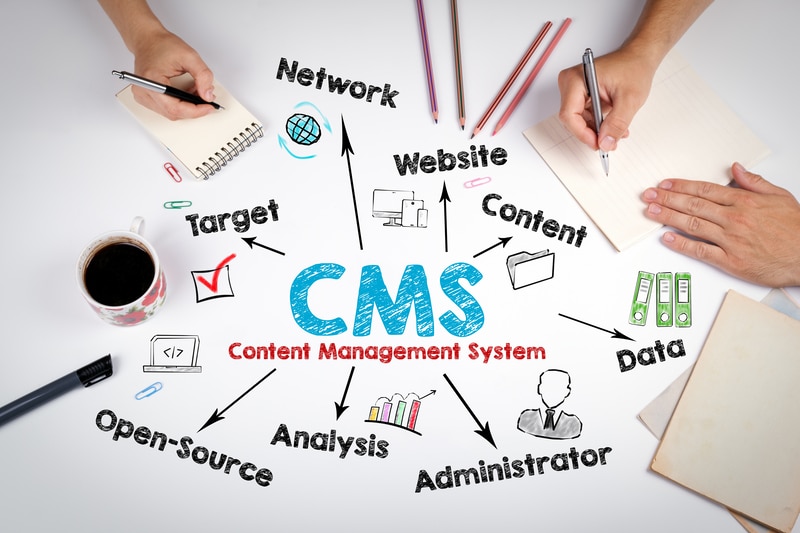
What does the future hold for content management services?
For many years, organizations have relied on Enterprise Content Management (ECM) systems to help manage information in an efficient and secure fashion. However, with the advent of new content management technologies -- including cloud-based content management systems -- there are signs that the prominence of traditional ECMs is on the wane.
As the challenges faced by businesses continue to grow, achieving new standards of flexibility and efficiency when it comes to content management is key. This is why first-generation ECM systems -- built on decades-old technologies -- are not as effective as they once were.

CMS challenges prevent organizations unlocking their data
New research finds that 84 percent of organizations believe their existing content management system (CMS) is preventing them from unlocking full value from their data and content.
The study, from headless CMS company Hygraph, surveyed 400 professionals in product and engineering roles across the US, UK, and Germany, and finds 92 percent of organizations say their content and data sources are currently siloed, with 38 percent describing it as 'very siloed'. This means the work required to integrate all these sources is both time-consuming and expensive.

Why traditional CMS are an innovation bottleneck and federated content platforms are the future [Q&A]
Traditional content management systems (CMS) developed at a time when all that was needed was to post some text and a few images. But as consumer and business needs have evolved they can prove to be a bottleneck when it comes to innovating and improving a web presence.
Michael Lukaszczyk, the CEO and co-founder of content platform Hygraph, argues that enterprises need a future-proof solution. We talked to him to find out more.

Why composability is the key to delivering outstanding digital experiences
In today’s fast-paced digital world, it’s tough enough for organizations to attract customers and keep them loyal let alone to build sustainable and profitable growth. Being up against competitors that invest further in tech, it’s a challenge to deliver the innovative and highly personalized experiences customers expect.
One of the biggest tech drivers for digital experiences, a Content Management System (CMS), is the digital transformation tool for elevating digital experiences. With the availability of modern (hybrid and/or headless) CMS , brands are realizing they need to reassess their approach if they are to deliver for users’ expectations and evolving business requirements.
